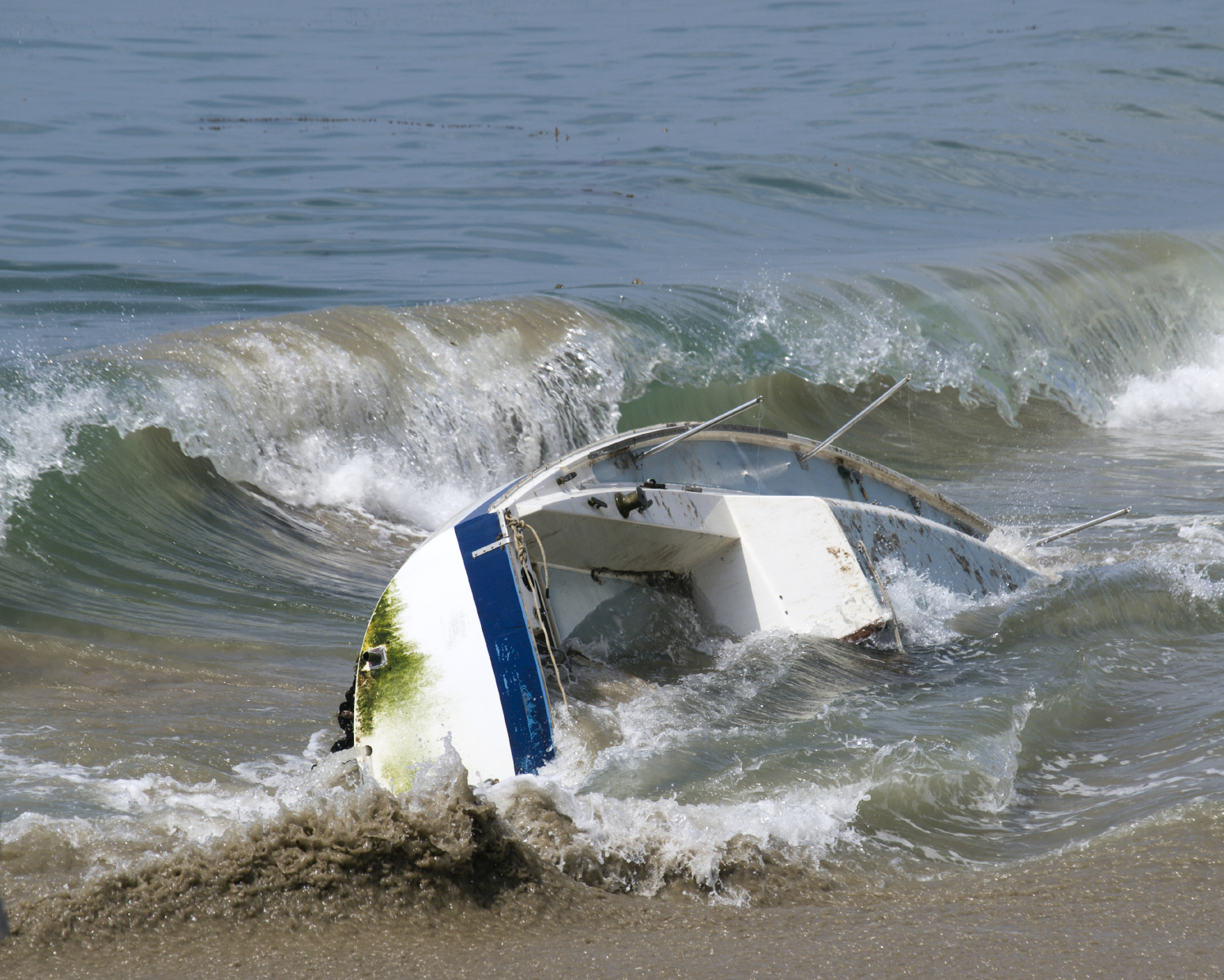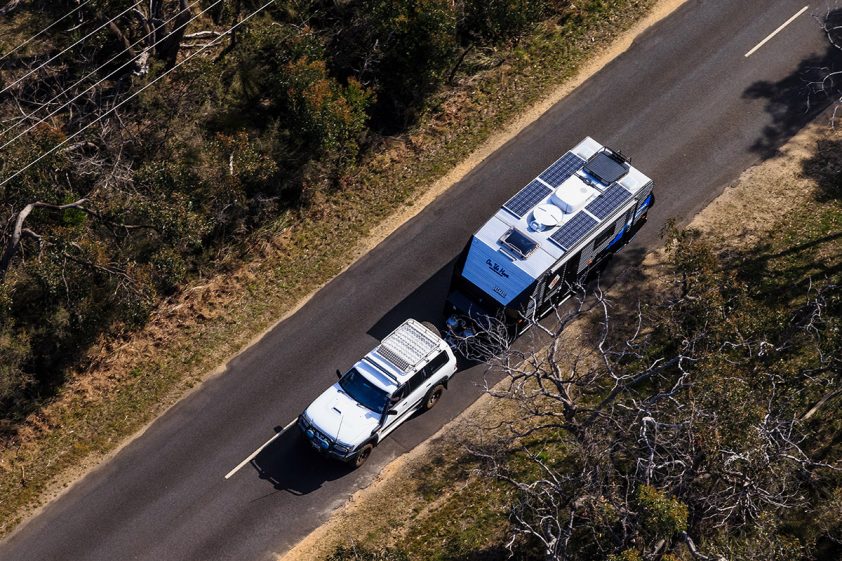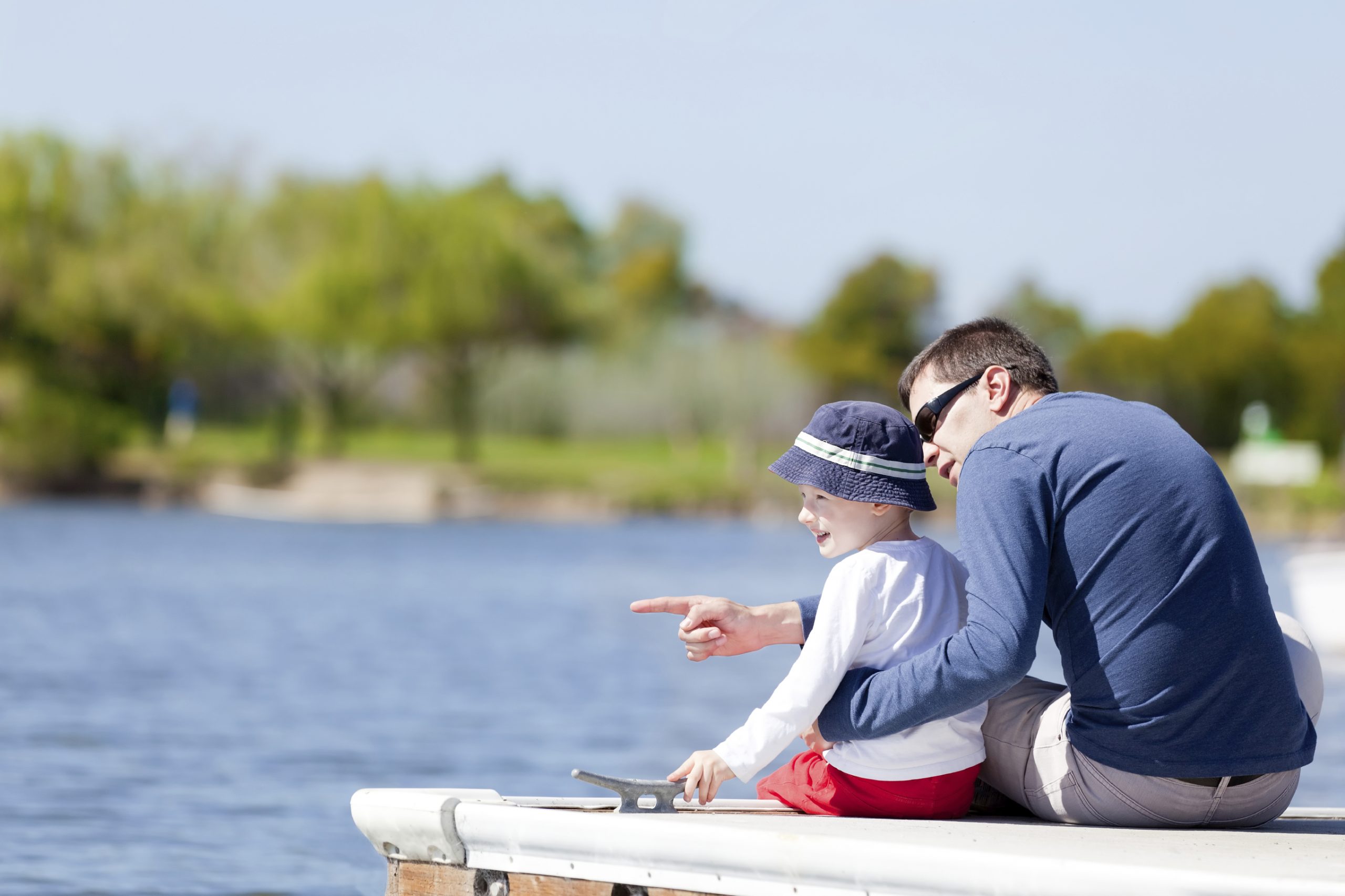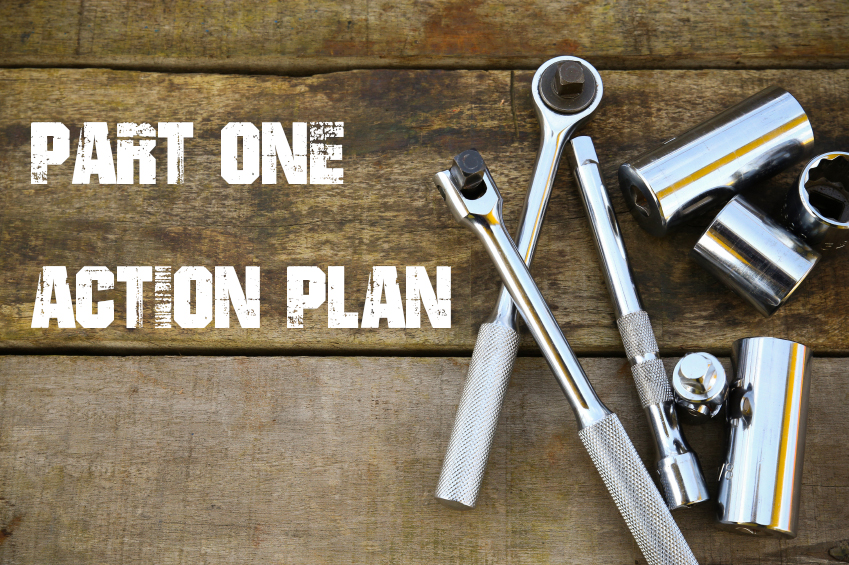Ever wondered what you would do if you had a boat emergency while out on the water?
There are some important steps to follow if you ever find yourself in the situation.
Boat accidents aren’t commonplace, but they do happen. Another boat might run into yours, you could hit a snag, run aground or even run out of fuel.
What To Do When Your Boat Has…
Capsized or swamped The first rule of boat safety is to stay calm and conserve energy. Do a head count and make sure everyone stays with the boat – it will be easier for rescue crews to find you.
Run aground Firstly, check that the hull, propeller and fuel lines haven’t sustained any damage. Then check the tide charts – can you sit it out until the tide turns? If not, or if you or the vessel is in danger, call for help.
Crew overboard Cut the engines immediately. Do a head count and if possibl throw a life buoy or rope. Avoid having someone else go into the water to assist, but if it’s necessary, make sure they have a flotation device and are securely tethered to the boat.
Assess The Damage
- Make sure everyone’s safe. If anyone’s not wearing a life jacket, make them put one on immediately.
- Is anyone injured? Have the emergency medical kit handy and check that the other vessel doesn’t have any casualties.
- Check your boat carefully for damage, particularly to the hull, gas and fuel lines.
- Use the marine radio to call for help. Be as specific as you can with details about your location (latitude and longitude if possible).
- Don’t jump up and down, yelling and waving – you need to conserve your energy.
- Use an emergency beacon only when there’s a likelihood of it being seen.
Record And Report
When a boating accident occurs that causes significant personal injury or property damage, the boat operator must file an accident report. This is particularly important if you’re going to be putting in an insurance claim.
If another boat caused the accident, make sure you take down details – at least the name, type, size and a description of the boat. Get the name of the driver and check if that person is the owner. Take photos if possible.
Prudent skippers not only have an emergency plan, they also make sure each crewmember knows it and can act accordingly. Show them where the safety equipment is stowed and make sure they know how and when to use it.
Check out these innovations in boat towing stability, designed to help you arrive at the water’s edge and get home again in safety.





